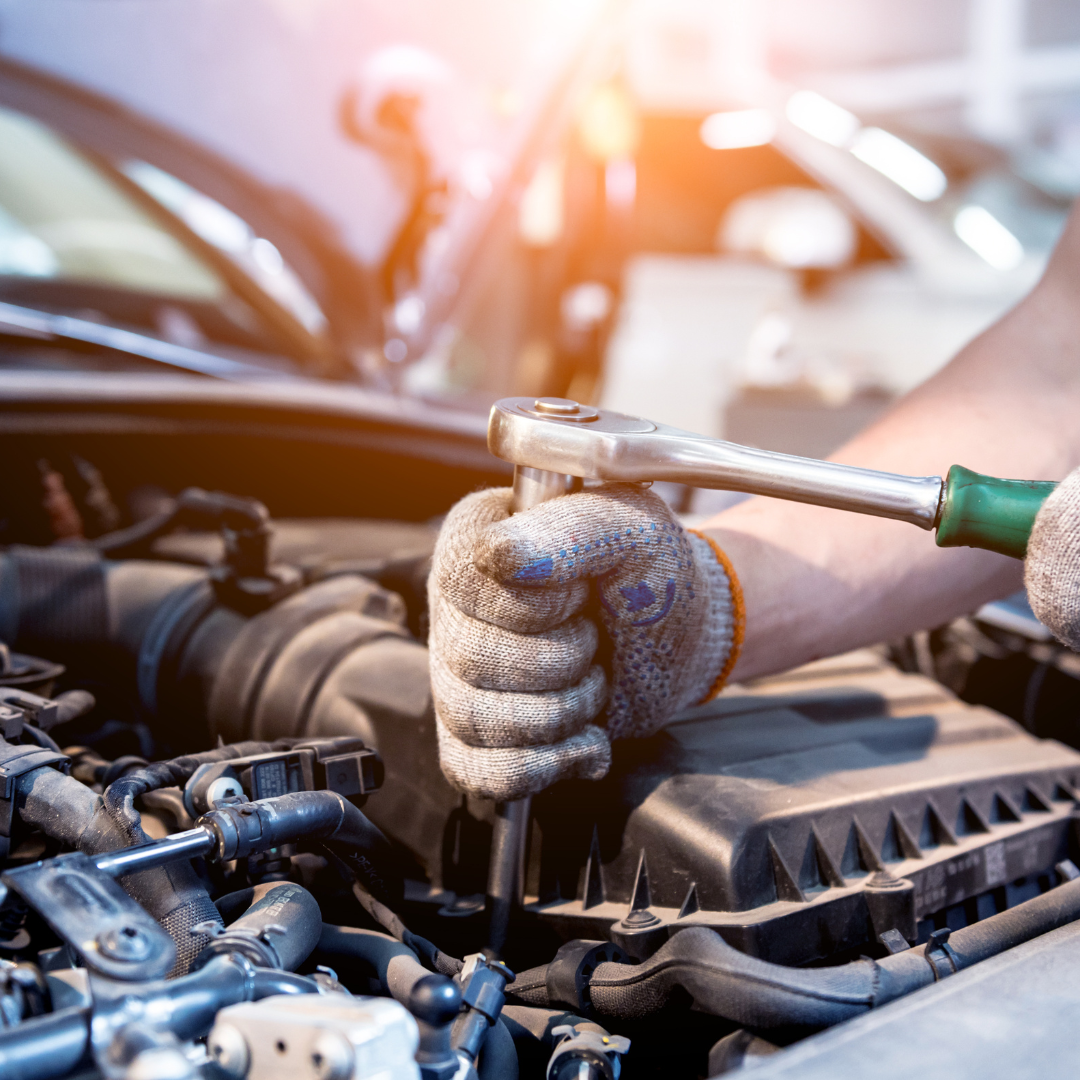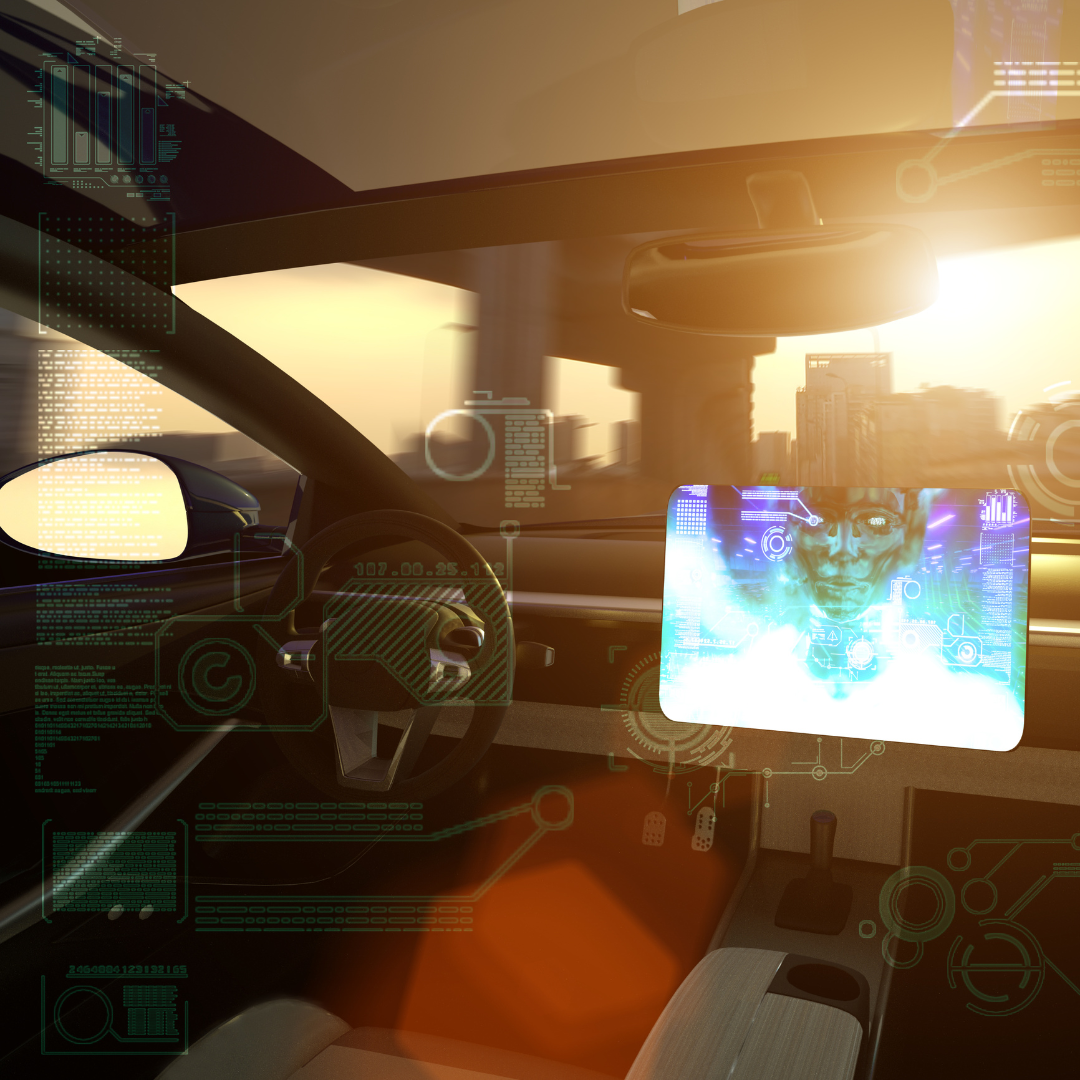Understanding the Different Types of Automotive Engines: What Works Be

Are you looking to pick up a new car?
Driving a new car is one of the best feelings in the world, especially if you discover the right match for your needs and lifestyle. And the best way to do this is to understand the different automotive engines. We all know an engine pushes us along, but the different types can be confusing.
But don’t worry. We’re here to help. Read on to learn about the different types of engines and find the best one for you!
Gasoline Engine
Gasoline engines are the most common type of automotive engine. They use a mix of gasoline and air for fuel to create a combustion process that powers the vehicle.
Gasoline engines come in many different sizes and shapes, from small four-cylinder engines to larger V6 and V8 engines. They are generally reliable and efficient and create more power than diesel engines.
You can use gasoline-powered engines for passenger vehicles, small trucks, boats, and power sports vehicles. They use batteries and sparkplugs to ignite the gasoline/air mixture, which passes through the intake, combustion, and exhaust valves.
The energy created by the combustion process powers the pistons used to spin the crankshaft. This energy is then used to power the rest of the vehicle.
Gasoline engines have enough power to be used in many applications but require more maintenance and regular checkups than diesel engines due to their combustion processes. They can have issues with fouling sparkplugs and difficulty starting in cold weather.
Diesel Engine
A diesel engine is a type of internal combustion engine used in large vehicles such as trucks, buses, and generator sets. Diesel engines use a fuel injection system to ignite the fuel rather than a spark plug. This makes them more durable and highly efficient.
The fuel injects directly into the combustion chamber at high pressure, which gives diesel engines their renowned power. This higher compression ratio also results in a lower fuel consumption rate as compared to gasoline engines.
Diesel engines emit fewer emissions and pollutants, which makes them an eco-friendlier choice. They are quieter and smoother than gasoline engines, making them an ideal choice for long-distance trips.
Hybrid Engine
Hybrid engines are a type of engine powered by a traditional internal combustion engine and an electric motor. This combination of power means that hybrid engines offer an improved range, better fuel efficiency, and fewer emissions than other engines.
Hybrid engines can be interruptible-type, series-type, or parallel-type. Interruptible-type hybrid engines allow the gasoline engine to be turned off while electric power alone propels the vehicle.
Series-type engines see the gasoline engine and the electric motor working together to power the vehicle. Parallel-type engines switch between electric power and gasoline depending on the situation.
Hybrid engines are becoming popular because of their higher fuel efficiency, increased range, and lower emissions.
Electric Engine
An electric engine is a propulsion system used in automotive vehicles. Unlike traditional gasoline or diesel engines, electric engines use electricity to power their motors. This type of engine makes use of rechargeable battery packs to store and provides power to the engine to propel the vehicle.
Electric engines have several advantages over traditional fuel-based engines, such as having no emissions, being more efficient in their energy use, and being quieter while running. They are also easy to maintain and have a longer lifespan than gasoline and diesel engines. This makes them ideal for lower emissions.
Electric engines also provide a much cleaner means of transportation, as they produce zero emissions. This can support sustainability initiatives and improve air quality. Electric engines might be more expensive upfront, but they offer savings in the long run with lower operational costs.
Learn the Different Types of Automotive Engines
In understanding the different types of automotive engines, be sure to take the time to research before deciding. These include gasoline, diesel, hybrid, and electric engine. Consider factors such as power, fuel efficiency, cost, and emissions before making your decision.
By doing so, you’ll have a better chance of finding the engine that best works for you. So, why wait? Start researching and find the engine that best suits your needs today.
Make sure to explore some of the other great content on our blog!



0 Comments